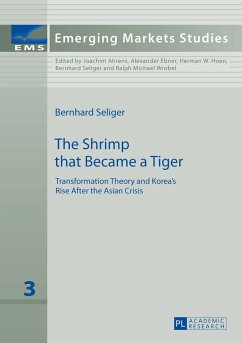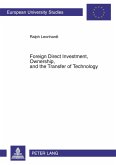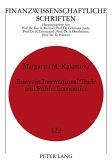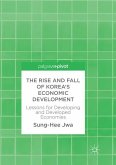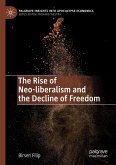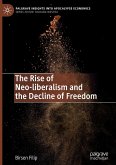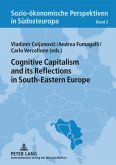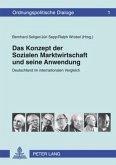South Korea underwent a dramatic change in the last one and a half decades, from being considered a "tiger in trouble" in the wake of the Asian crisis to a showcase of economic development. The judgment of 1998 was itself a complete reversal of the previous enthusiastic reviews of world record-high growth for several decades, from the 1960s to the 1990s. Korea, once considered a shrimp between two mighty whales, Japan and China, veritably made a jump to become a tiger. And, after the steep decline of 1998, this tiger again showed its claws. This book deals not with the causes of the crisis in retrospect, but rather with the implications for the development of a new economic model in South Korea. It argues that the crisis and the following institutional change can best be understood by applying the theory of economic transformation.
Bitte wählen Sie Ihr Anliegen aus.
Rechnungen
Retourenschein anfordern
Bestellstatus
Storno

